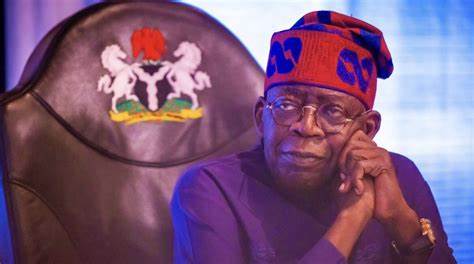A prominent chieftain of the New Nigeria Peoples Party (NNPP), Buba Galadima, has revealed that he declined multiple requests from President Bola Ahmed Tinubu to serve in his administration.
Galadima made the disclosure during an interview on Africa Independent Television (AIT) on Wednesday, stating that despite President Tinubu’s persistence, he rejected the offer on personal and ethical grounds.
According to the outspoken politician, Tinubu personally approached him no fewer than four times during the burial of the mother of media mogul Nduka Obaigbena. However, Galadima said he turned down the president’s requests each time.
“During the burial of Obaigbena’s mother, Tinubu left his seat and came to me on four different occasions, asking that I join his administration,” Galadima recounted. “But I respectfully declined.”
Explaining his reasons, Galadima said he believes he wouldn’t be able to carry out his duties honestly if appointed, due to his personal relationship with the president.
“Maybe because of my long-standing relationship with him, I felt I couldn’t look him straight in the eyes and tell him the hard truths,” he said.
Despite being a vocal critic of the All Progressives Congress (APC)-led government, Galadima admitted that he still maintains a personal friendship with President Tinubu.
In the same interview, the NNPP chieftain revealed that his daughter secured employment with the Nigerian Upstream Petroleum Regulatory Commission (NUPRC), thanks to Tinubu’s intervention.
While some might see this as a contradiction, Galadima maintained that personal relationships do not affect his stance on national issues or his political independence.
“I still have a personal relationship with President Tinubu,” he stated, “but that does not stop me from speaking the truth or criticising policies that I believe are not in the best interest of the country.”
Galadima’s comments have since sparked mixed reactions, with some praising his integrity, while others question the balance between personal ties and political criticism.

















